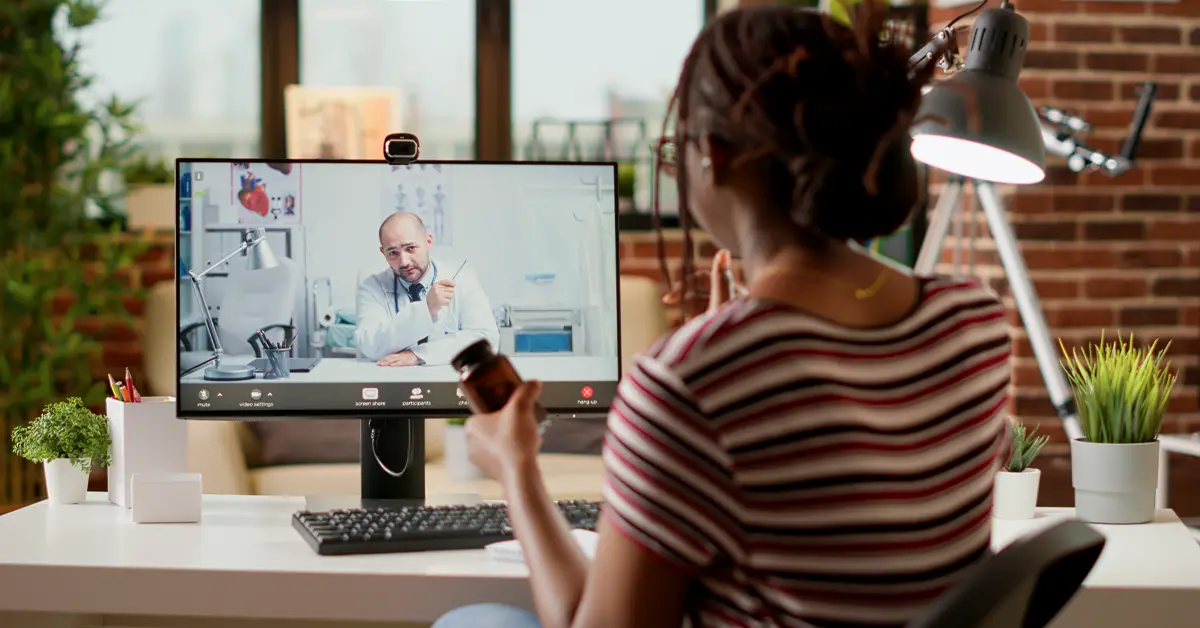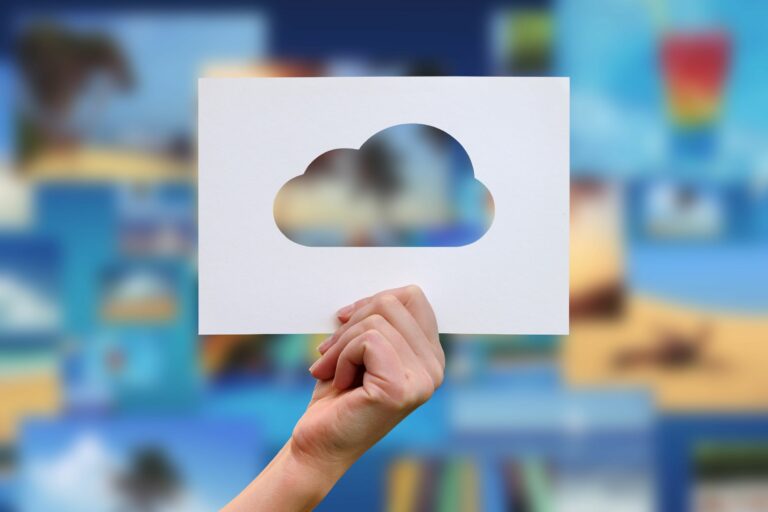The global health and economic impact of the COVID-19 pandemic has been enormous. Lockdowns caused people to stockpile food and other necessities, causing shortages. The pandemic has raised new concerns in the community of people living with celiac disease, an immune-mediated condition for which the only proven treatment is a gluten-free diet. This article tackles potential remote care delivery for celiac disease patients through emerging healthcare technologies like telehealth, telemedicine, and remote patient monitoring.
COVID-19 Risks for Patients with Celiac Disease
A study found that, long before the pandemic, people with celiac disease were most concerned about dining out and traveling due to the increased risk of unintentional gluten exposure. Then during the pandemic, it became crucial to assess how food shortages affected their quality of life.
A higher risk of bacterial pneumonia and common viral infections like the flu and herpes zoster have been linked to celiac disease. These results have raised questions about whether people with celiac disease are more likely to contract COVID-19 and experience serious consequences. Since viral infections have also been documented to cause immunological reactions to food antigens, the pandemic may theoretically also affect those genetically predisposed to developing celiac disease.
Remote Care Delivery for Patients Through Telehealth
In addition to potential health hazards, patients with celiac disease face immediate concerns, such as the likelihood of reduced access to gluten-free alternative meals and healthcare. This latter concern has pushed the use of modern care modalities such as telehealth, telemedicine, and remote patient monitoring for outpatient evaluation.
Remote care is promising and may be particularly effective in the monitoring and follow-up of celiac disease patients, given the relative shortage of specialist competence in celiac disease, especially among expert dietitians. For instance, telemedicine has long held promise for the treatment of celiac disease, but it took a global pandemic to encourage widespread adoption of this technology.
Telehealth is a method of obtaining healthcare treatments remotely via various communication technologies and medical devices. It is feasible to acquire services for celiac disease (or other accompanying diseases patients may have) for both the diagnostic procedure and long-term management of the ailment.
Advantages of Remote Care for Patients with Celiac Disease
Remote care for celiac disease has its limitations, and certain situations, such as having an endoscopy or visiting a lab for blood work, will still require in-person healthcare visits. However, most normal follow-up sessions, discussions of test results, and dietary counseling are appropriate for telehealth for patients with celiac disease and offer many advantages.
- Affordability
Telehealth may be especially advantageous for those with celiac disease because it is less expensive than in-person care. Celiac disease is a chronic disorder requiring a gluten-free diet for life. Due to numerous medical appointments, accompanying comorbidities (other diseases they may have), and the high expense of gluten-free food, those with celiac disease bear a constant economic burden. RPM and Telemedicine are frequently more accessible and convenient than in-person care. This is especially true for rural residents who would otherwise have to take time off work or travel considerable distances to receive care in person.
- Accessibility
For individuals with celiac disease, remote care technologies offer more access to celiac disease specialists, who may be scarce in some areas of the country.
When to seek remote care? If you exhibit symptoms of celiac disease and you would want to discuss the diagnostic procedure with your healthcare professional; you need nutritional counseling to learn how to maintain a gluten-free diet after being diagnosed with celiac disease; you need to meet with a therapist since the lifestyle adjustments required have affected your mental health.
To know about the signs of celiac disease, click this 8 Signs of Celiac Disease.
If you are a healthcare provider or a network of doctors looking for ways to remotely monitor and treat patients with celiac disease and other chronic diseases, contact DrKumo for more information.








